Margaret Dawson – Executive Function Virtual Conference: Teaching Students Skills to Successfully Navigate Remote, Hybrid and Classroom Learning
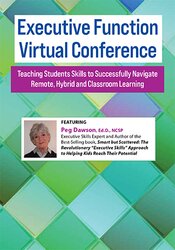
- Faculty:
- Margaret Dawson
- Duration:
- Approx. 6 Hours
- Copyright:
- Apr 07, 2021
Description
Outline
Quick Overview of EF
- Neuroscience behind executive skills
- The 11 executive skills that underlie school success
- How these skills are impacted in virtual classrooms
Supports for Executive Skills Provided in Traditional Classrooms
- 9 ways traditional classrooms support students with weak executive skills
How to Improve Distance/Hybrid Learning to Better Support Students with Weak Executive Skills
- Social connections between teachers/students and students/peers
- Structures to support the skills most impacted negatively by distance learning
Strategies for Supporting Students with Weak/Immature Executive Skills
- Environmental modifications to help students be successful in all settings
- Teaching strategies to embed executive skills into daily lessons and routines
- Motivational strategies to engage students in the process of strengthening their executive skills
Critical Components of the Coaching Process
- Motivational interviewing
- Correspondence training
- Goal-setting
- Progress monitoring
- Support for self-efficacy and self-mastery
- Linking daily plans to self-selected goals
- Steps in the coaching process
- Elementary and secondary/college models
- Case examples
Faculty

Margaret Dawson, Ed.D., NCSP Related seminars and products: 11
Peg Dawson, Ed.D., NCSP, is a school psychologist and for over 20 years has worked at the Center for Learning and Attention Disorders in Portsmouth, New Hampshire, where she specializes in the assessment of children and adults with learning and attention disorders. She is co-author of the bestselling books on executive dysfunction, Executive Skills in Children and Adolescents: 2nd Edition (Guilford, 2010), Smart but Scattered (Guilford, 2009) and Smart but Scattered Teens (Guilford, 2013).
Peg is a past editor of Communiqué, the newsletter of the National Association of School Psychologists, and has published numerous articles and book chapters on a variety of topics, including retention, ability grouping, reading disorders, attention disorders, the sleep problems of adolescents, the use of interviews in the assessment process, and homework.
Peg has many years of organizational experience at the state, national and international levels and served in many capacities, including president of the New Hampshire Association of School Psychologists, the National Association of School Psychologists (NASP) and the International School Psychology Association.She has also participated in many of NASP’s leadership initiatives, including the Futures Conference and the development of both the second and third Blueprint for the Training and Practice of School Psychology. She is the 2006 recipient of NASP’s Lifetime Achievement Award. Peg received her doctorate in school/child clinical psychology from the University of Virginia.
Speaker Disclosures:
Financial: Margaret (Peg) Dawson is an author for Guilford Press and receives royalties. She is an author for Amacon publishers and receives royalties. She receives a speaking honorarium from PESI, Inc.
Non-financial: Margaret (Peg) Dawson has no relevant non-financial relationships to disclose.

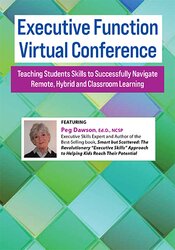















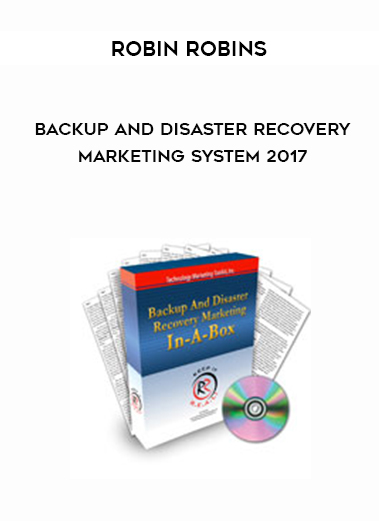

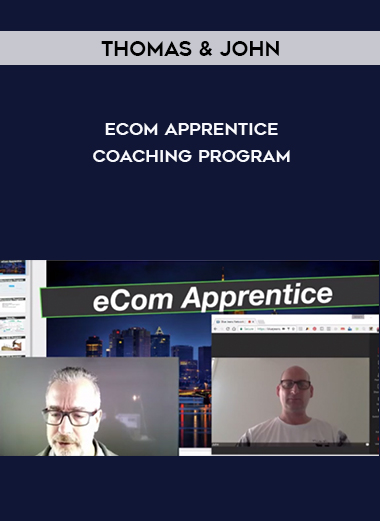
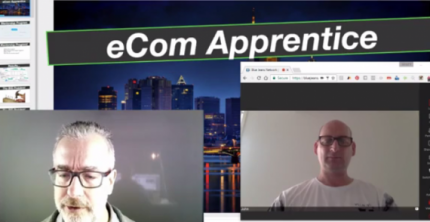










Reviews
There are no reviews yet.